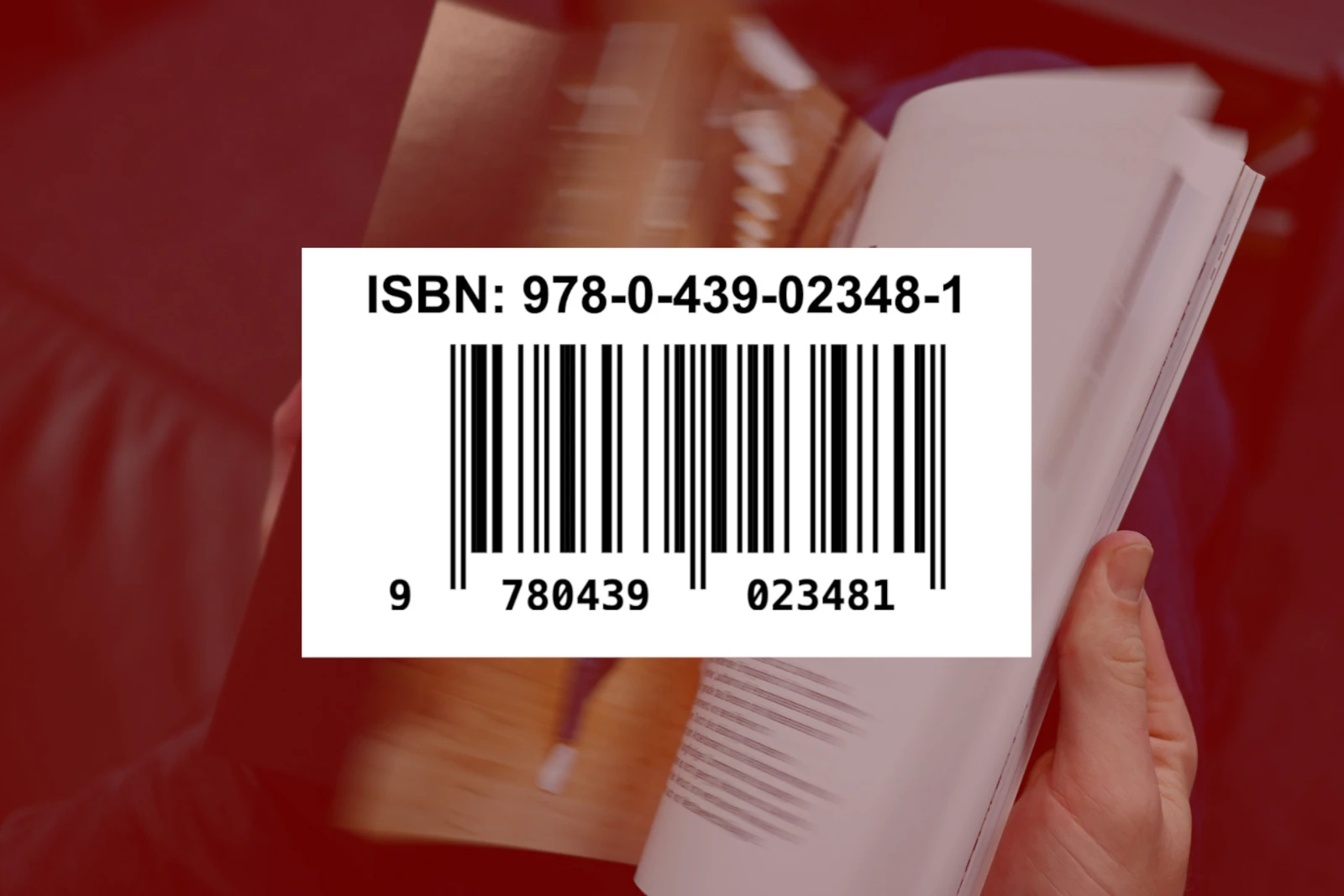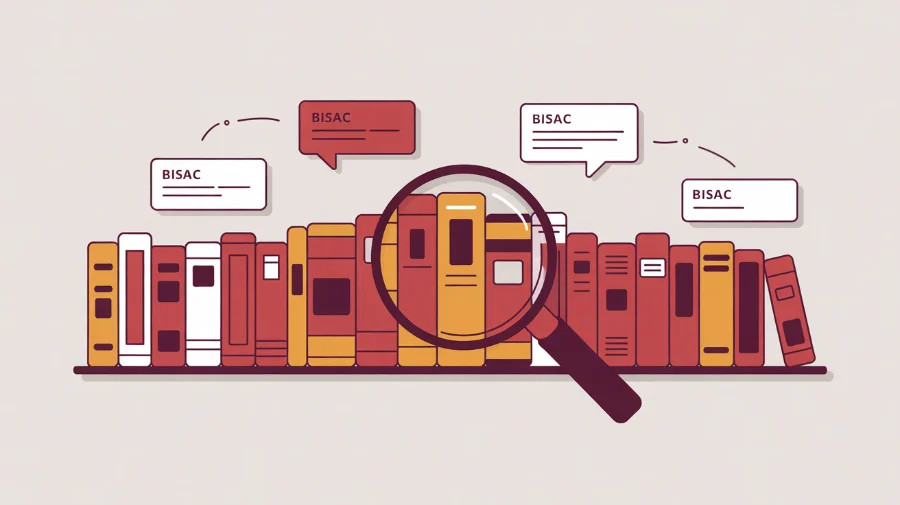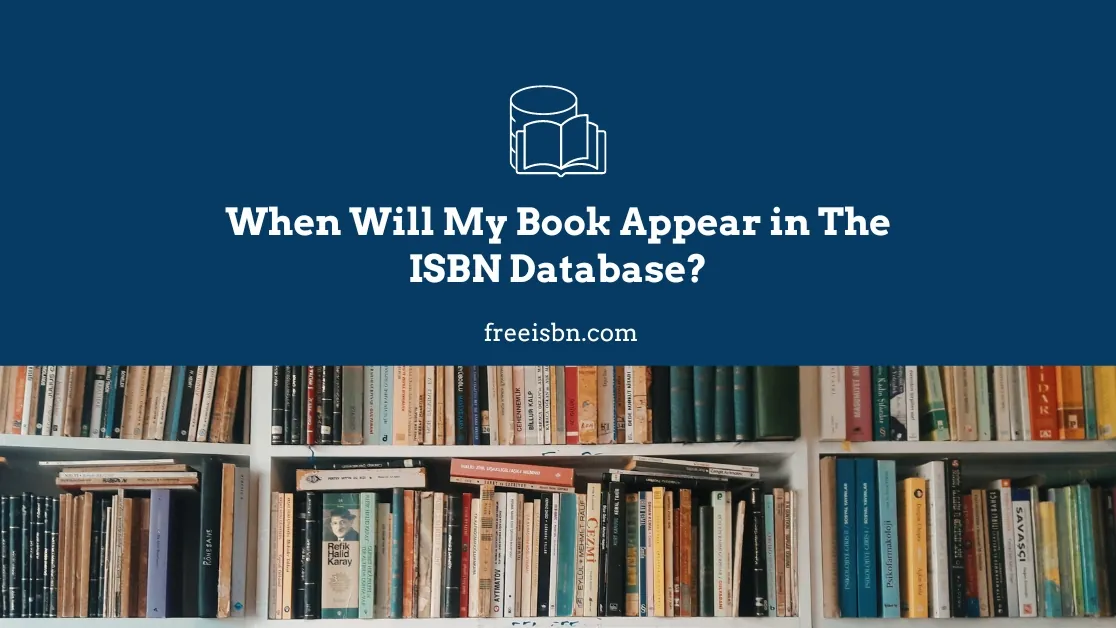
ISBN Myths: Do You Really Need an ISBN?
Thinking you need an ISBN to publish your book? Think again. While ISBNs are essential for selling through major retailers like Amazon and Barnes & Noble, they're not required if you're selling directly to your audience through your website or social media. Even more importantly, ISBNs don't provide copyright protection, and some agencies create unnecessary barriers by demanding ID cards when none are needed.
As a self-publishing author, you might have heard that you absolutely must have an ISBN to publish your book. But here’s the truth that might surprise you: not every book needs an ISBN. In this blog post, I will explain when you do and don’t need one could save you money and help you make smarter publishing decisions.
When You Might Not Need an ISBN at All
If you’re not planning to sell your book through online retailers like Amazon, Barnes & Noble, or physical bookshops, you might not need an ISBN at all. This applies particularly if you’re:
- Selling directly from your own website
- Distributing to family and friends
- Using social media platforms like Facebook or Instagram for direct sales
- Keeping your distribution completely within your own channels
The key question to ask yourself is: Where do you actually plan to sell your book? Do your research on the specific channels you want to use because requirements vary significantly between platforms.
The Hidden Cost of Having an ISBN
Here’s something many authors don’t realize: having an ISBN makes your book discoverable and distributable. This is a good thing if you are planning to sell your book to wider audiences.
If your plan is to sell your book to your friends, family, and own audience, then selling through a book retailer site doesn’t make sense. You will need an ISBN to sell through a book retailer website, and they charge upward of 30% of book sales. In this case, you can save that 30% by selling directly through your website, but you’ll need to handle shipping yourself or use a print-on-demand service.
The Biggest ISBN Myth: Copyright Protection
Let’s bust one of the most persistent myths in publishing: having an ISBN secure your copyright. Your copyright is automatically asserted the moment you create your work and is properly claimed by using the © symbol on your title verso page (the page opposite your title page).
Copyright and ISBNs are completely separate systems. Remember, ISBNs were only introduced in 1967, if they were necessary for copyright protection, every book published before then would be unprotected, which is obviously not the case.
Also, ISBN agencies that require authors and publishers’ ID cards to obtain ISBNs are just bureaucratic overreach or attempts to create artificial barriers. ISBN is a book identifier in book distribution; it has nothing to do with legality and copyright protection; even some ISBN agencies claim that.
Your copyright protection comes from:
- The © symbol
- Your name as the copyright holder
- The year of publication
- Proper placement of the title verso page
- Mention the book title and author name on each page of the book header or footer section.
Making the Right Decision for Your Book
The decision about whether to get an ISBN should be based on your actual publishing and distribution strategy, not on myths or assumptions. Consider these factors:
Get an ISBN if you want to:
- Sell through major online retailers
- Have your book available in physical bookstores
- Reach the widest possible audience through traditional channels
- Build a professional publishing presence
Skip the ISBN if you’re:
- Only selling direct to consumers
- Publishing primarily for a specific, limited audience
- Testing the market before committing to wider distribution
The Bottom Line
Publishing has evolved significantly, and authors now have more control and options than ever before. An ISBN is a tool for traditional book distribution, not a requirement for being a “real” author or having a “real” book. A well-designed, professionally edited book is just as legitimate whether it has an ISBN or not.
Before making your decision, honestly assess your goals, your target market, and your financial situation. Sometimes the most successful approach is to start small with direct sales and add an ISBN later when your book has proven its market appeal and you’re ready to expand into traditional retail channels.

Araix Rand
Book Publicist
Araix has been helping authors with self-publishing and marketing their books. Additionally, he writes for various business and marketing blogs.
More posts by Araix Rand

